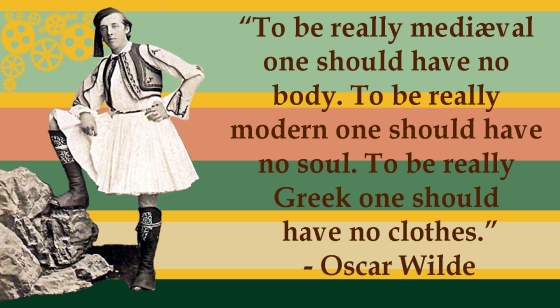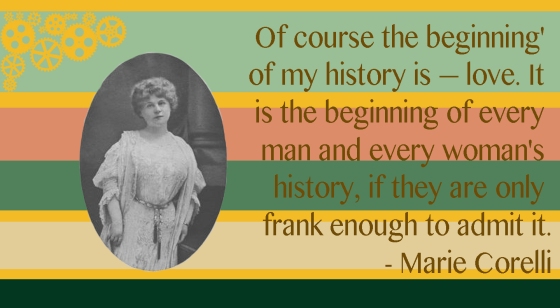It’s Writer’s Quote Wednesday and you can see by her quote that Christina Rossetti was a poet, not a novelist. I love working on the Dictionary Project, but sometimes I wonder if it would have been better had I never started the novel I’m working on. Then last night, there was a plot twist in a recurring dream I am having about a dystopian post-apocolyptic future. Do I really need to start another project right now? Do I?
As a poet, Rossetti contributed several new words to the English language, including burnishment (a polish for metal) and shallowing (an adjective to describe something, or someone, that is increasingly shallow).
The nineteenth century was a great time for adding words to the English language; more words were added (especially during the second half of that century) than at any other time in the modern history of the language. They also invented dystopian fiction.
Dystopian fiction is utopian fiction’s jealous sister. While utopian fiction puts on a pair of rose-coloured glasses and insists that, if you listen to her, everything will be fine; dystopian fiction doesn’t think things are ok, but is going to show you that things could get worse. The first dystopian novels only problematized utopian fantasies, as in Samuel Butler’s Erewhon (1872), which seems like a utopia at first…
Though I’m not sure that Erewhon can really be called the first dystopian novel, it introduced a popular dystopian theme: the tyranny of machines; a theme we are still terrified by to day (think of Stephen Hawking and artificial intelligence). The notion of machines developing consciousness started in Erehwon.
As writers, not starting a work means not exploring certain ideas, which is why – as much as I love Christina Rossetti – I don’t think that not beginning particular works is so sad. I’m glad that I’ve begun the projects I am working on at this time, but should maybe hold off on starting anything about dystopian post-apocalyptic futures until I finish a few other things.
Are you a writer? How many works in progress do you have right now, or at any given time? How many are too many?
Support the project through my GoFundMe page, or visit my shop.












